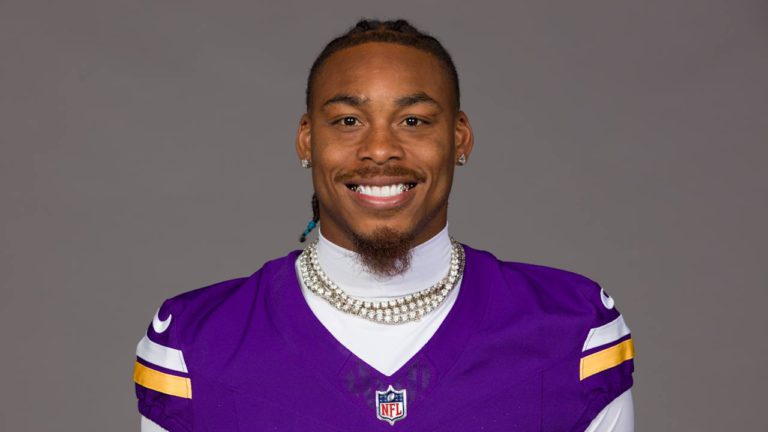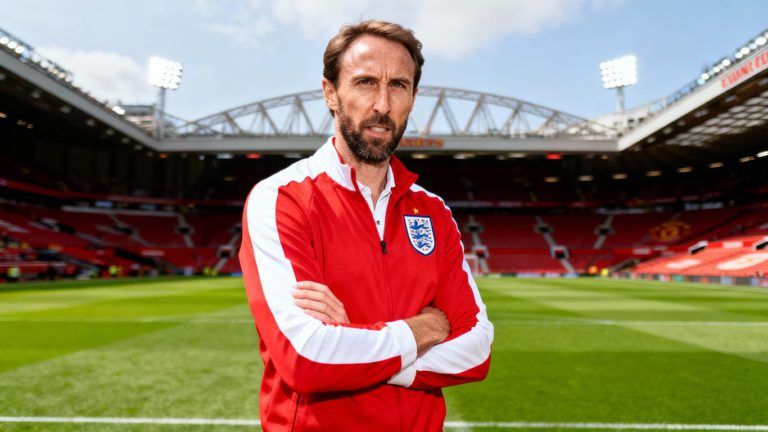A recent Pew Research Center survey reveals a growing public unease with legal sports betting, with a significant increase in Americans viewing it negatively for society and sports. Concurrently, FanDuel Sports Network faces criticism over its decision to centralize broadcast production in Denver, with employees expressing concerns about the impact on telecast quality.
Key Takeaways
- A majority of Americans are now aware of legal sports betting, and a growing percentage perceive it as detrimental to society and sports.
- Online sports betting has seen a notable increase in participation, particularly among younger demographics and Black Americans.
- FanDuel’s move to a centralized production hub in Denver is met with skepticism from broadcast crews, who fear a decline in broadcast quality and job security.
Growing Public Skepticism Towards Sports Betting
The latest Pew Research Center findings indicate a marked shift in public opinion regarding legal sports betting. As of August 2025, 43% of U.S. adults believe that the widespread legalization of sports betting is a bad thing for society, a rise from 34% in July 2022. Similarly, 40% now view it as detrimental to sports, up from 33% three years prior. Despite this growing negativity, a substantial portion of Americans, 50%, still consider its impact on society to be neither good nor bad, while 42% hold the same view regarding its impact on sports. Positive perceptions remain low, with fewer than one in five adults seeing beneficial effects.
Shifting Demographics and Betting Habits
While overall personal sports betting participation has seen a modest increase to 22% in the past year (up from 19% in 2022), the growth is primarily driven by online betting. Ten percent of adults now report placing bets online, a significant jump from 6% in 2022. In-person betting and betting with friends or family have remained relatively stable. The survey also highlights demographic trends, with young adults (18-29) and Black and Hispanic Americans being more likely to engage in sports betting. Notably, younger men have shown one of the most significant increases in viewing legal sports betting negatively.
FanDuel’s Denver Hub Faces Backlash
FanDuel Sports Network is implementing a cost-cutting strategy by relocating several production roles to a new hub in Denver. This move has sparked significant criticism from nine anonymous FanDuel SN workers who fear it will compromise the quality of live game broadcasts. They argue that producing games remotely from a centralized location, rather than from on-site trucks, will negatively impact viewers. While FanDuel’s president of production and programming, Norby Williamson, described the Denver facility as a "modernization hub" aimed at enhancing broadcasts with more technology and personnel, broadcast crews remain unconvinced. The International Alliance of Theatrical Stage Employees (IATSE) also expressed concerns, noting that the positions offered by a third-party vendor are not unionized.
Concerns Over Broadcast Quality and Job Security
The relocation affects telecasts for eight NBA and NHL teams. While an NBA league source assured that the move would not degrade telecast quality, crew members worry about potential future centralization of more production responsibilities. They cite the potential loss of local expertise, established relationships with on-air talent, and the risk of technical synchronization issues. Some terminated employees expressed disappointment with the perceived lack of respect shown during the transition. Williamson, however, maintained that such centralized models have proven successful in the industry and that FanDuel is investing in its operations.


